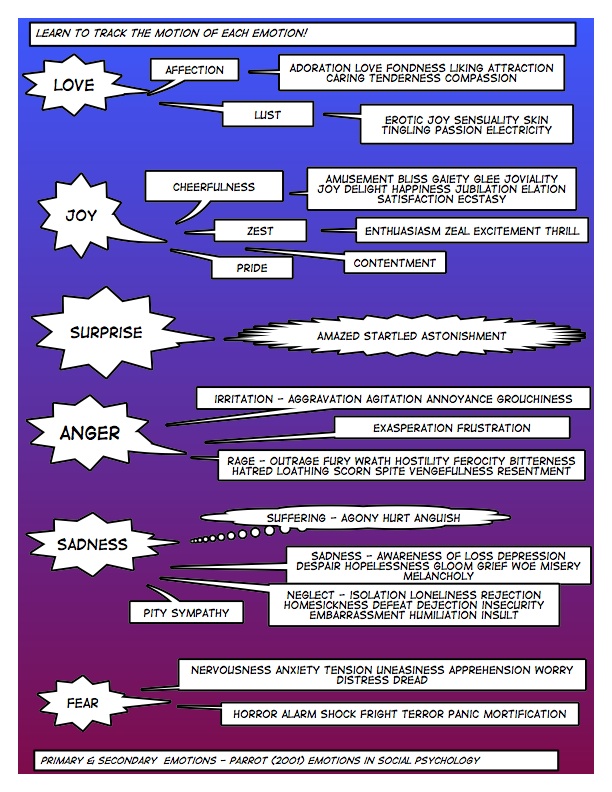Learn to Track the Motion of Emotions
A primary skill for meditators is learning to attend to the sensations and emotions associated with each of your relationships. In day-to-day life, about half or more of your time during meditation will be spent sorting emotions in one way or another, and many of those emotions have to do with your relationship with your body, the world around you, your friends, people you work with, and your family.
In general, what calls the attention during meditation is anything unfinished. Any task, conversation, or thought process. There is no healthy way to suppress the dynamic process of your attention going toward that which is unfinished in your life. Just accept this as a working principle and save yourself a lot of aggravation.

Say that a mother with a year-old baby sits to meditate in the afternoon. She is grabbing a moment for herself while the baby sleeps. Here is a sequence that may be typical – I remember hearing something like this many times:
When she first closes her eyes, she feels one second of peacefulness, then is overcome with exhaustion.
She begins to feel how utterly tired her body is.
Then she'll think, "I am too exhausted to even meditate!"
A bit of despair and sadness about that.
Focus on breathing for 20 seconds.
Then a flurry of thoughts about cleaning chores around the house,
thoughts about bills and unanswered emails.
A sense of sorrow over the friends she has lost track of. It seems that she can only socialize, for 15 seconds at a time, with other mommies with infants.
A flash of something adorable the baby did, then a surge of love in the heart, then awe that such a perfect little being came out of me.
Awareness of her own body, and her breasts, checking in with the milk-machine she has become. Then planning a walk, or maybe a trip to the gym.
She now notices that she is sitting here thinking, and gets mad at her brain for being busy and denying her any rest.
Returns to the breath with a sense of impatience and frustration.
Gradually over the course of two minutes, the frustration fades away, to be replaced by a delicious sense of restful awareness.
Startle response as the phone rings or the baby makes a sound.